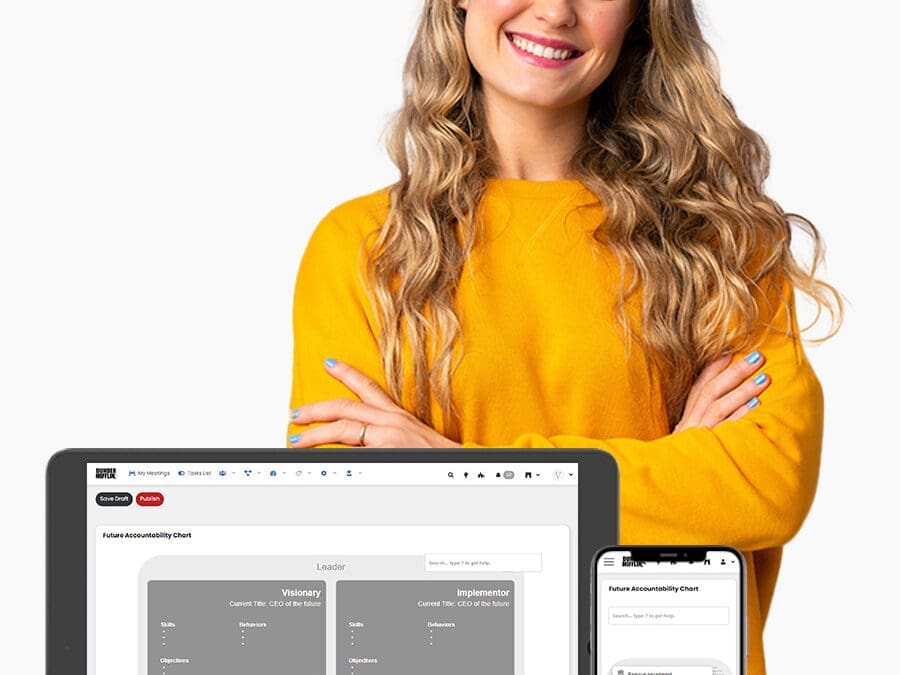Student Achievement During the Coronavirus Pandemic
The impact of COVID-19 on student achievement remains to be seen, but case studies from periods of abnormal absenteeism can shed some understanding of what school will be like when it returns. In the recent Brookings Institution article, “The Impact of COVID-19 on Student Achievement and What it May Mean for Educators,” Soland et al. review the impact of historical events, such as natural disasters, on student achievement to predict the coronavirus’s impact on student achievement. “Many parents and educators thus share a common worry: When the pandemic subsides, kids will return to school with lower achievement,” Soland et al. begin. That statement shouldn’t come as a surprise, and forward-thinking schools have already modified Performance Scoring to capture the factors affecting student achievement for the upcoming school year. “Existing evidence can provide a rough sense of how time out of school due to COVID-19 will affect achievement,” Soland et al. observe. This evidence strongly suggests that teachers and students will need to work harder than ever when they return to school just to understand the effects of remote learning and an extended summer break. Performance Scoring captures objective data on all of the underlying factors affecting student performance, and aggregate this data to point out exactly where leaders need to focus their attention in their schools and online classrooms. With proper planning and access to the right authentic data, educators are able to adapt and course correct in real-time – both of which are essential to success during a global pandemic.
Expect Diminished Learning Gains
Typically, when students return at the start of a new school year teachers will have a general understanding of the learning gains following the summer break, but the summer of 2020 has been anything but typical. “Current school closures have added to the time that most students already spend at home during the summer months without explicit face-to-face instruction from teachers,” Soland et al. acknowledge. There is consensus among educators that this extended time out of the classroom will cause learning gains to suffer, but by how much? “These preliminary COVID Slide estimates suggest students could begin fall 2020 with roughly 70% of the learning gains in reading from the prior year relative to a typical school year.” Soland et al. continue, “In mathematics, students may show even smaller learning gains from the previous year, returning with less than 50% of the gains.” These are only estimations, but they do inform educators that the next school year will begin with major catchup. Expect schools to place an increased importance on student feedback to better understand where learning gains stand. A continuous feedback system, like Performance Scoring, provides students with a forum to efficiently provide feedback about their understanding – which directly yields insight into learning gains. Teachers cannot expect students to have retained information at the levels seen in years past, and embracing this fact is the first step to a successful 2020-2021 school year.
A Spotlight on Early Assessments
Before it is business as usual in the classroom, educators will lean on assessments to identify where students are academically starting from after the extended school closures. “Educators will also need to find ways to assess students early, either formally or informally, to understand exactly where students are academically,” Soland et al. explain. For educators that are relying on assessments in the wake of the COVID-19 layoff, a continuous understanding of student achievement is critical, and is exactly what Performance Scoring delivers. Every factor associated with student achievement is captured by Performance Scoring, and informs educators where performance is high, medium, and low for each student (as well as collectively) in real-time. “When school starts, we expect it to be all hands on deck to try and understand where each student is academically,” says Monica Cantrell, an elementary teacher. However, there is an important drawback to more assessments at the start of the school year: it takes time. Valuable time that teachers already don’t have as they attempt to neutralize the impact of COVID-19 on student achievement. Even prior to the coronavirus pandemic, many teachers felt that their students were already spending too much time on mandatory assessments when they need to be learning. A real-time, continuous understanding of student performance is vital to ensure that learning is not set aside at the start of the fall semester when students are inundated with assessment after assessment.
Increased Variance in Student Achievement
The extended time away from face-to-face instruction, and subsequently diminished learning gains, are expected to cause an increase in the gap between high and low performing students. “Extended time out of school may lead to more variability in achievement when students return in the fall relative to a typical year,” Soland et al. recognize. This reiterates the importance of early assessments to understand where each student is academically when school returns. However, more variability in academic skill isn’t necessarily all bad. Education is trending toward individualized learning, and more variance will expedite that process. Performance scores utilize continuous, authentic data to inform teachers of the real-time variance in student achievement levels that are needed to promote individualized learning. With so much uncertainty that educators face surrounding the upcoming school year, one thing is clear: data and actionable information will drive decision making. School ScoreBoards take authentic performance data and inform district and school leaders about how their schools are doing beyond simple gradebook, standardized assessments and attendance data. More and more educators are finding confidence in effective performance management during the COVID-19 pandemic. Eliminate the anxieties of uncertainty at your school with Performance Scoring by getting started today!
Source: “The impact of COVID-19 on student achievement and what it may mean for educators” by Soland et al. The Brookings Institution





